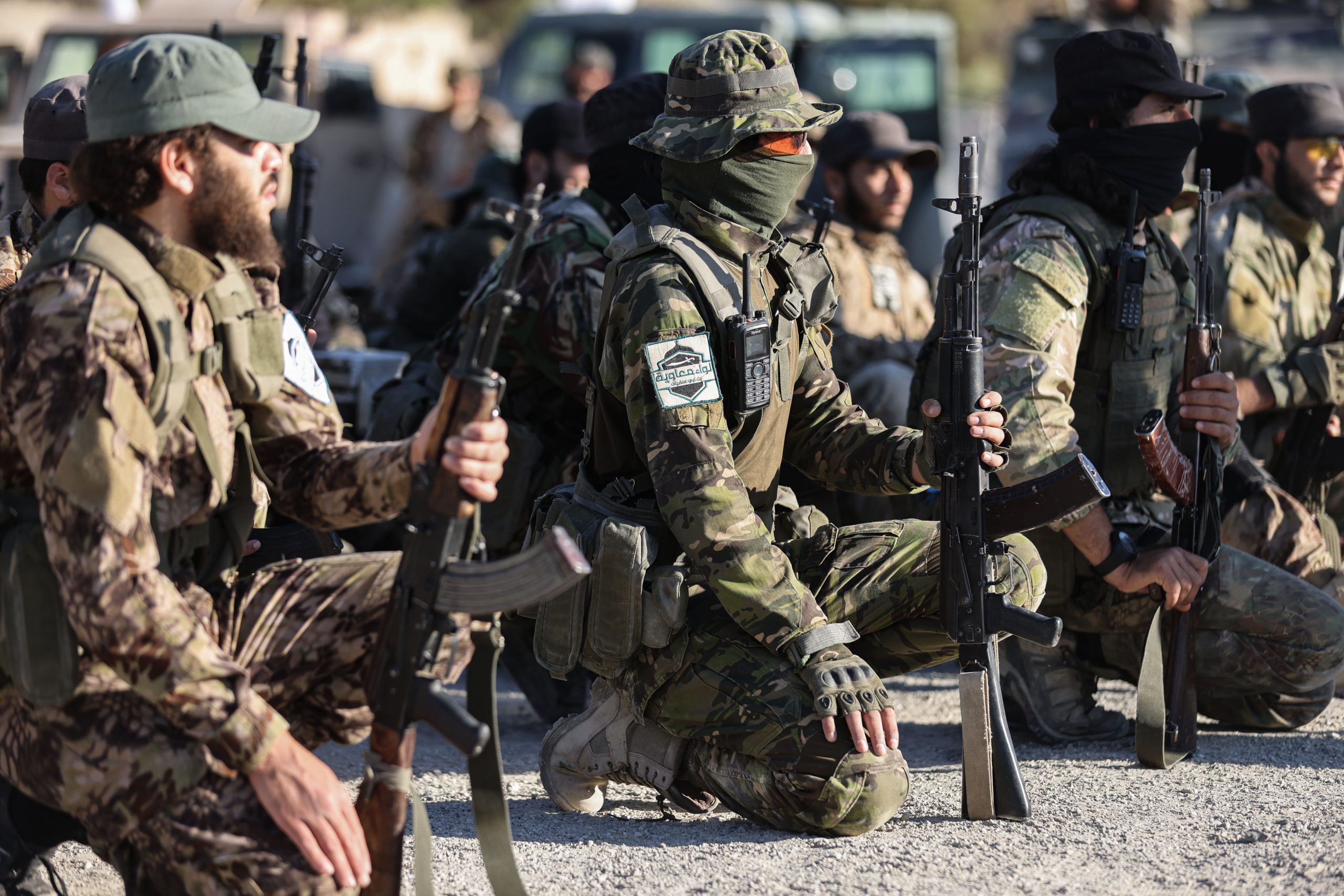
Hayat Tahrir Al-Sham (HTS), formerly known as Jabhat Al-Nusra, is a powerful non-state actor that has played a significant role in the ongoing Syrian Civil War. With its origins in the Islamist movement, HTS has evolved into a complex organization with diverse motivations, alliances, and challenges. Understanding this multifaceted group is crucial for navigating the complexities of the Syrian conflict and its broader implications.
HTS emerged from Jabhat Al-Nusra, which was initially linked to Al-Qaeda. However, in 2016, HTS broke ties with Al-Qaeda and rebranded itself as a more moderate Islamist group. Despite this rebranding, HTS remains committed to establishing an Islamic state in Syria, governed by Sharia law.
HTS controls a significant portion of northwestern Syria, including the strategic Idlib Governorate. The group has well-equipped and experienced fighters, estimated to number between 60,000 and 80,000. HTS’s military capabilities have allowed it to maintain its territorial control despite challenges from both the Syrian regime and rival rebel groups.
In territories under its control, HTS has established its own governance structures, including courts, police forces, and social services. It enforces a strict interpretation of Sharia law, which includes restrictions on women’s rights and freedom of speech. Critics have accused HTS of human rights abuses and suppression of dissent.
HTS has complex relationships with other actors in the Syrian conflict. It has worked with Turkey, which provides support to the group in exchange for controlling the flow of refugees into Turkey and countering Kurdish aspirations. HTS has also maintained ties with certain elements within the Syrian opposition, but these relationships are often strained.
HTS remains a designated terrorist organization by the United States and other Western countries. The international community has launched airstrikes and other operations against the group. Despite these efforts, HTS continues to operate with relative impunity in northwestern Syria.
Opinions on HTS vary drastically. Some view it as a legitimate rebel group fighting against the Syrian regime, while others condemn it as a terrorist organization. The international community is divided in its approach towards HTS, with some countries supporting its suppression and others engaging in dialogue.
– HTS controls approximately 30% of Syrian territory, primarily in Idlib Governorate.
– The group is estimated to have between 60,000 and 80,000 fighters.
– HTS’s annual revenue is estimated to be between $100 million and $300 million.
– The group has been accused of human rights abuses, including extrajudicial killings and torture.
Hayat Tahrir Al-Sham is a multifaceted non-state actor that has played a significant role in the Syrian Civil War. Its complex ideology, military capabilities, governance structures, and alliances have made it an influential force in the conflict. Understanding the complexities of HTS is essential for addressing the humanitarian crisis in Syria and navigating the political dynamics of the region. The ongoing challenges posed by HTS highlight the need for a comprehensive approach that addresses both military and political solutions.
As the Syrian conflict continues to unfold, it remains to be seen how HTS’s role will evolve. The group’s ability to maintain its territorial control and influence will be a key factor in determining the future trajectory of the conflict and the stability of the region.




